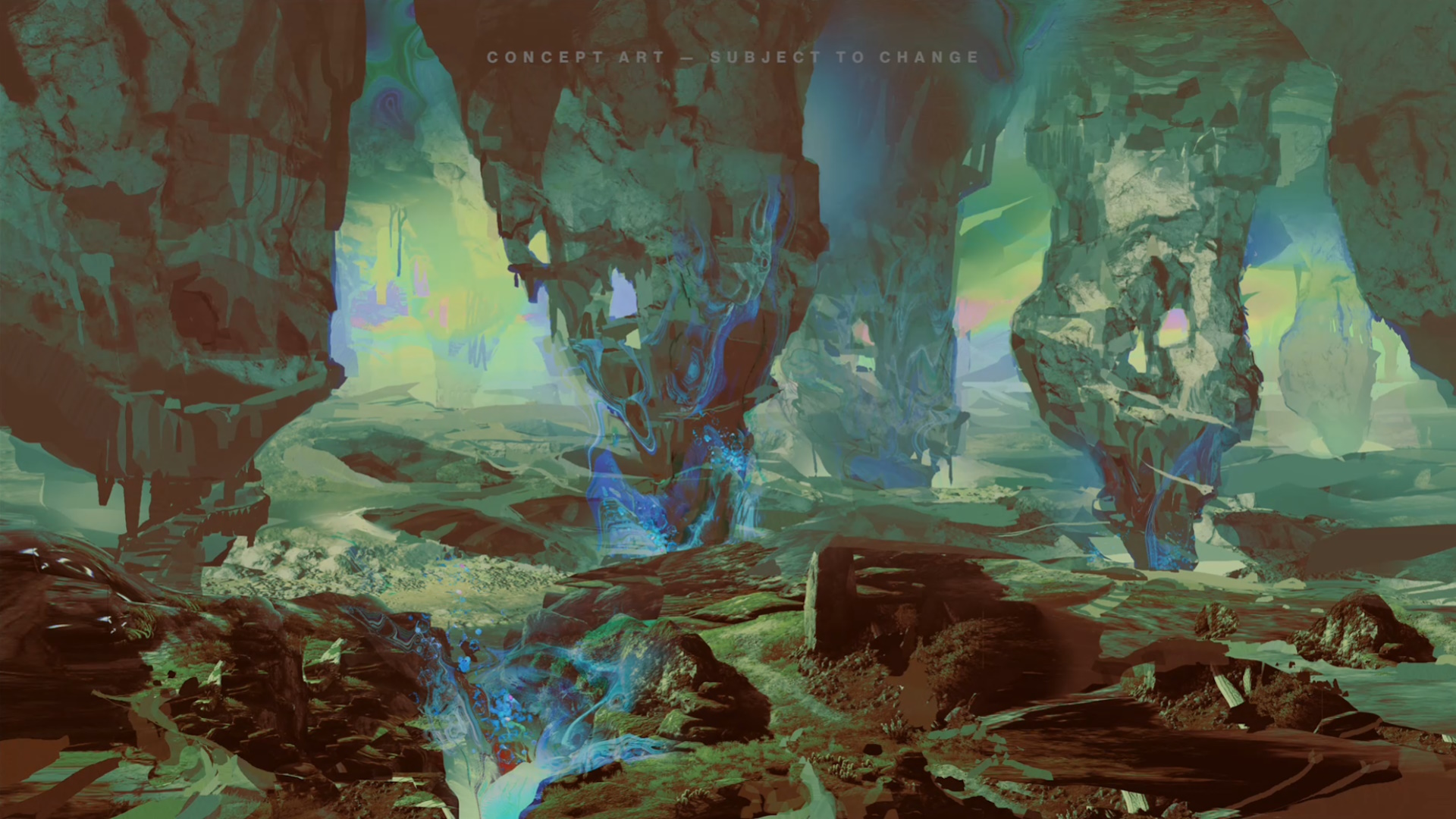Bungie says Destiny 2’s new “medium-sized expansions” are about as big as Rise of Iron from the original Destiny, and the first is a Metroidvania inside the MMO
As Bungie prepares to shift Destiny 2 to a twice-yearly expansion model buoyed by “medium-sized” releases, assistant game director Robbie Stevens pointed to the original Destiny 2 to clarify that we’re in for roughly Rise of Iron-sized experiences.
Stevens discussed Destiny 2’s future in a developer livestream earlier today, October 1. “The way we’re kind of looking at the size of these is similar to Rise of Iron from Destiny 1, but this is happening twice a year,” Stevens said. “The reason we’re talking about this, the rough shape of the box here that we’re filling, is that each expansion is going to have its own unique version of a campaign and post-game experience that you can dive really deep into beyond the initial playthrough, similar to how the Dreaming City or the Pale Heart from Beyond Light have worked. Beyond those initial campaign experiences, there’s further things to explore and secrets to uncover.”
The first expansion of this new model, Codename: Apollo, will set up “our next saga,” Stevens reiterates. It also represents a big swing from Bungie on the shape of Destiny 2 content.
“You’re going to journey to a Metroidvania-inspired destination,” Stevens says, building on a previous tease from game director Tyson Green regarding experiments with Metroidvania, survival, roguelike, and other gaming DNA. “That’s our guiding light for how we’re creating this new location.”

What does Bungie mean by a Destiny 2 Metroidvania? This all-new destination “is going to feature a nonlinear campaign that puts you in the driver’s seat of exploring its world and its story, so this is very different from the past where you’re following a very linear mission structure,” as Stevens puts it.
Narrative director Alison Luhrs reiterated the example of letting players explore paths A, B, C, or D in whatever order they choose, and tailoring the narrative to match this flow, with “between 25 and 30 different threads of stories that you can discover.” On today’s stream, she also dug more into the branching, search-action flow that defines the best Metroidvania games. “Maybe you want to go check out B because that’s going to be where you get the ability that allows you to access region A so you can talk to that character you really like,” she says.
Just as Bungie’s hoping to release new content more quickly under this release model, Luhrs says the new expansions will “move the plot along at a much quicker pace than we used to.” This newfound agility also lets Bungie stop worrying about “padding the size” of an expansion with “a bunch of extra stuff to kind of fill in the space.” Instead, “we’re going to tell a more focused story and with pacing that keeps up with what fans want,” she adds.
Luhrs weighed in on the delivery of Destiny 2’s storytelling as well, namely the conga line of NPCs peppered around the solar system. “It drives us bonkers too,” she concedes. “We believe that everything should be questioned, right? We should be questioning that structure, we should be reinvestigating it. Starting with [Act 2: Revenant], and especially when we get to Apollo, we’re going to be deliberately shaking it up.”
This section of the stream concluded with two new snippets of concept art for Apollo (above). Stevens echoed the Metroidvania theme: “Within this new destination in Apollo, you’re going to be discovering powerful abilities in order to uncover secrets in this location and in order to carve a path to the great mystery at the heart of the planet.”











